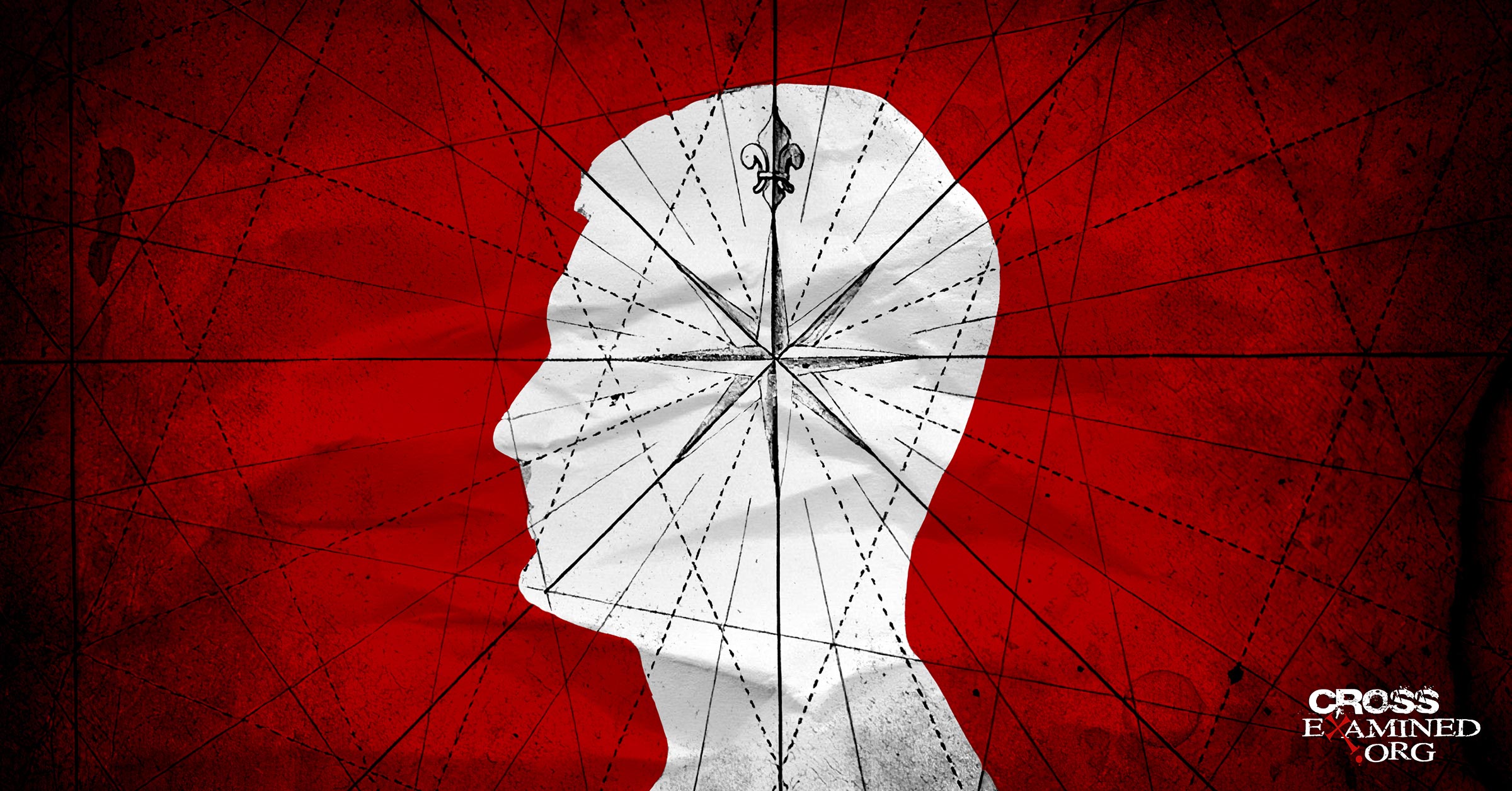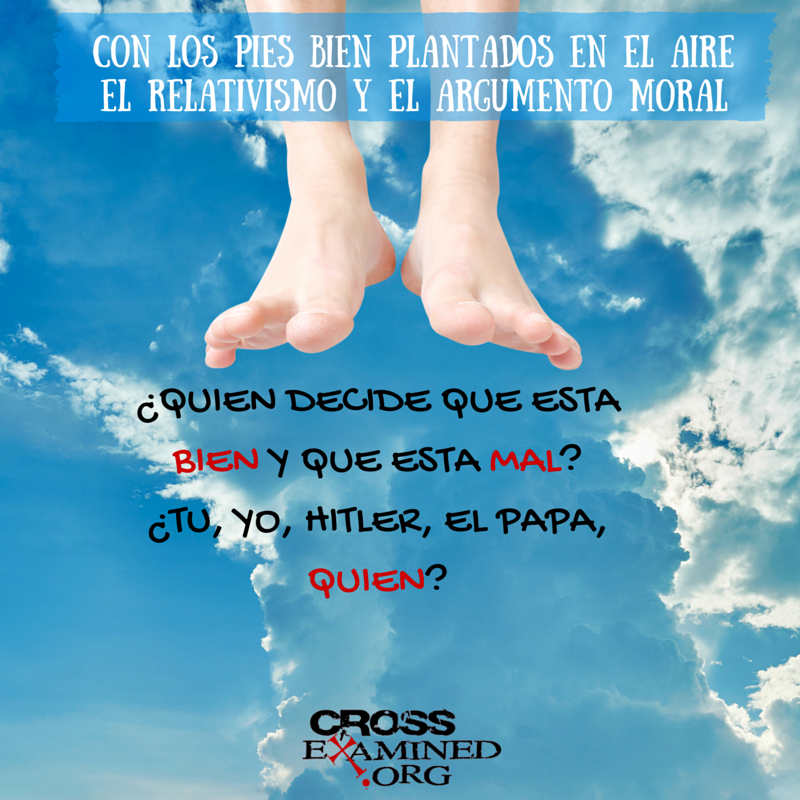Introduction
The Christian Church is no stranger to hypocrisy. The Church is made up of sinners who do not always practice what they preach, and sometimes that practice is in stark contradiction to what we preach. Some of the most heinous acts have been committed by Christians while speaking the truth. It seems that sexual misconduct within the Church is always in the spotlight. For as long as I can remember, I have been aware of numerous sexual scandals within the Church. Like anyone, some have hit close to home and others from afar. The ones that hit close to home tend to be particularly devastating, both physically and emotionally, as well as spiritually and intellectually.
It is important for those affected to hold on to a worldview that can objectively condemn such actions and provide healing for the victims. In these emotionally difficult situations, it is easy to doubt the truth of Christianity. Today, I want to take a few moments to show how such hypocrisy actually reveals the truth of the Christian worldview and how the Christian worldview in turn offers the only possible answer to hypocrisy.
The objectivity of evil
First, the actions of a sexual predator must be qualified as objectively evil, not simply something that a group of people dislike or prefer. The claim that what they did was evil is not just an opinion that can be dismissed by those who see nothing wrong with the actions. That such actions are objectively evil is a feature of reality that must be confronted, explained, and responded to by any worldview.
No worldview can escape this obligation. No worldview that lacks an anchor for objective morality can provide a meaningful judgment about “evil”; those who hold these worldviews can only issue opinions, which are no more valid or true than the person who may also hold the same worldview and say the actions were “good.” Any worldview that lacks such an anchor is defeated by the actions of any sexual predator (whether church members or not).
The scars of sin and the cost of agnosticism and moral relativism
Every victim of sexual misconduct, sexual abuse, rape, etc., is created in the image of God, and is therefore intrinsically valuable. Their rape is objectively wrong, and justice must be served. The devastation of these types of rapes takes years and even decades to heal, if at all. These men, women, boys, and girls will carry the scars for the rest of their lives. These scars will stand as a testament to the truth that objective evil exists.
Any worldview that remains agnostic or ambivalent about the moral status of these actions turns victims into victims again and again. Worldviews without an anchor for objective morality devalue violations and elevate them to moral equivalence with love, honesty, and integrity. Worldviews that cannot call evil “evil” in any meaningful sense of the word (or for that matter, cannot call good “good” either) foster the creation of more victims and compound the suffering of those already victimized.
Such sins in the life of a Christian demonstrate conclusively that no morally relativistic or agnostic worldview deserves a place in a culture, a government, or even at the table of intellectual inquiry, because it perpetually violates reality by violating its victims over and over again.
What if God doesn’t exist?
Sexual sin is detestable, contemptible, and heinous, and we all know this intuitively. The person who commits evil is ultimately eternally damnable because he has violated the intrinsic worth of a human being created in the image of God, and in doing so, he has violated the eternally and morally perfect God. God is the only source of morality that is independent of each and every human being. He alone is the anchor that allows anyone to objectively identify such actions as morally “evil.”
Simply put, if God does not exist, then nothing these Christians did is wrong. Nothing they do is worthy of condemnation or even discussion, as they are simply dancing around with their DNA – the victims will still be victims because they are not really “victims” of anything good or bad. This is not to say that someone has to believe that God exists in order to condemn a Christian’s sexual violations; rather it is to say that just because God exists, even an atheist can accurately condemn such actions as objectively wrong. If God does not exist, then not even the theist can condemn sexual abuse as objectively wrong.
The cognitive and emotional dissonance of evil
When stories of a perpetrator’s heinous acts are told, the moral law that is written in all of our hearts will surface emotionally and powerfully. The emotions we feel are not there simply because we feel these actions are wrong, but because they are objectively wrong, and our outrage is a very appropriate reaction to such violations. Head and heart, logic and emotion, converge in perfect harmony to reveal the truth of reality and the truth of God’s existence. Unless God exists, a person’s “evil” acts bring nothing but cognitive and emotional dissonance.
Actions speak louder than words
If the grotesque moral failings of gospel ministers are to serve any purpose, it is to try to shake our culture out of its moral and intellectual stupor and remind us of the contradiction of every Christian life. But, in stark contrast to every Christian, there is no contradiction in God —not in his actions, not in his words. We all long for someone to be totally consistent in what he says and what he does. But this simply won’t happen when we look at man, even Christian leaders. We should not be surprised when gospel ministers fail morally. We should be surprised that, despite the evidence all around us of humanity’s fallenness, we still try to look at humanity for perfect consistency.
Instead, we must look to the morally perfect Creator, against whom all humans have sinned. This God loves us and desires an infinite, personal relationship with us—so much so that He became one of us to take upon Himself our sins and the wrath we deserve because of them. Justice was served for every sin we could ever commit when Jesus Christ died on the cross. And in His bodily resurrection from the dead, we have forgiveness (1 Cor 15). Jesus’ resurrection provides us with proof of the truth of His claim to be the Creator God of the universe, the Way, the Truth, and the Life, without whom no one can come to the Father (John 14:6).
Conclusion – My two sentences
Sin, hypocrisy, and betrayal in the life of any Christian minister does not prove, or even indicate, that Christianity is false. Quite the opposite: it provides stark evidence of a worldview versus reality that only Christianity surpasses. Christianity never claims that Christians are perfect; in fact, it makes the opposite claim: that Christians can and do do egregiously evil things. This is the reality in which we live, of which we are a part, and which Christianity, uniquely among all worldviews in history, accurately describes. Only through Christ is the sinner healed, the victim healed, and both reconciled to God.
It is my prayer that all victims will find sympathetic ears in today’s culture, people who will recognize, validate and anchor the objectivity of the evil and suffering they endure, people who will recognize that full healing can only be found at the Cross.
I also pray that as more revelations of moral failings within the Church occur, this will cause unbelievers to consider the grounds for their moral outrage, investigate the evidence, and realize that they too are in need of Christ’s atonement, forgiveness, and resurrection.
Finally, remember that it is not Christ who has failed us; it is the members of His Church who have failed us. It is time for us to stop placing our trust in people and start placing it properly where the evidence tells us it should have been in the first place: in Christ. I implore you to follow the moral, philosophical, historical, and scientific evidence where it leads you: to give your life fully and completely to Christ to find both healing and forgiveness.
Recommended resources in Spanish:
Stealing from God ( Paperback ), ( Teacher Study Guide ), and ( Student Study Guide ) by Dr. Frank Turek
Why I Don’t Have Enough Faith to Be an Atheist ( Complete DVD Series ), ( Teacher’s Workbook ), and ( Student’s Handbook ) by Dr. Frank Turek
_____________________________________________________________________________________________________________________________________________________
Luke Nix holds a degree in Computer Science and works as an IT Help Desk and Technical Support Manager at a local precious metals exchange in Oklahoma.
Original Source of the Blog: https://bit.ly/35Zh3OS
Translated by Yatniel Vega Garcia
Edited by Monica Pirateque






